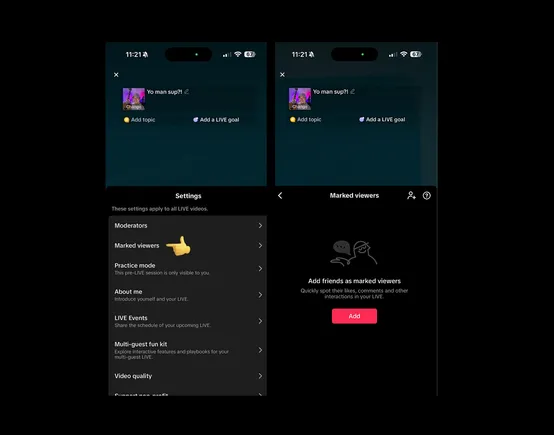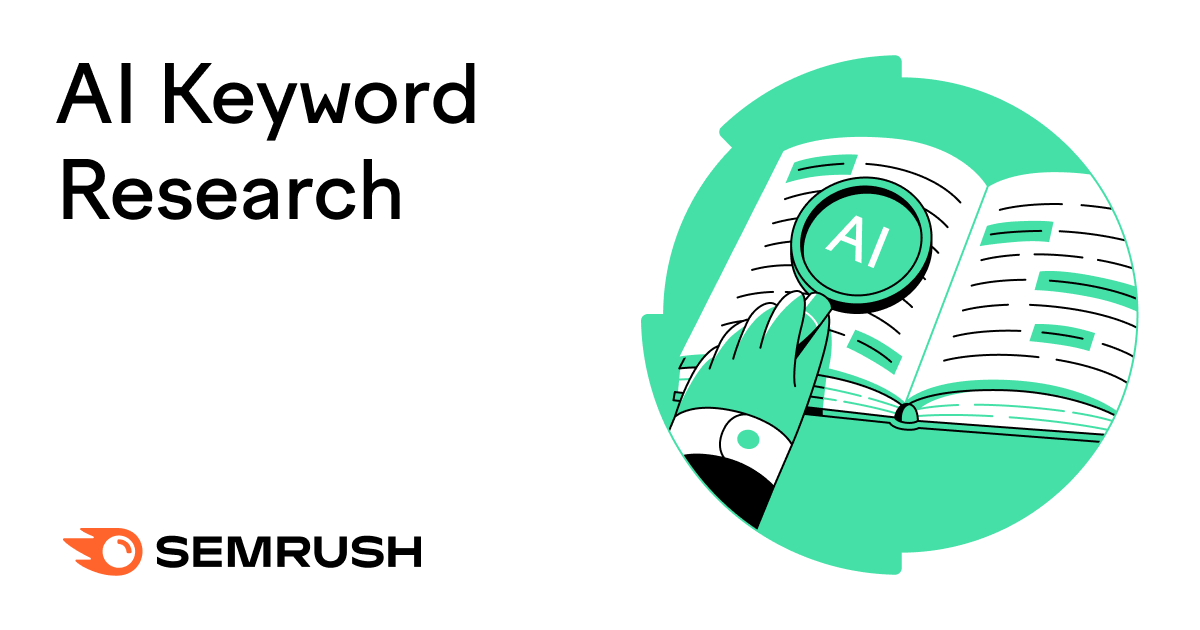Python's PyPI Finally Gets Closer to Adding 'Organization Accounts' and SBOMs
Back in 2023 Python's infrastructure director called it "the first step in our plan to build financial support and long-term sustainability of PyPI" while giving users "one of our most requested features: organization accounts." (That is, "self-managed teams with their own exclusive branded web addresses" to make their massive Python Package Index repository "easier to use for large community projects, organizations, or companies who manage multiple sub-teams and multiple packages.") Nearly two years later, they've announced that they're "making progress" on its rollout... Over the last month, we have taken some more baby steps to onboard new Organizations, welcoming 61 new Community Organizations and our first 18 Company Organizations. We're still working to improve the review and approval process and hope to improve our processing speed over time. To date, we have 3,562 Community and 6,424 Company Organization requests to process in our backlog. They've also onboarded a PyPI Support Specialist to provide "critical bandwidth to review the backlog of requests" and "free up staff engineering time to develop features to assist in that review." (And "we were finally able to finalize our Terms of Service document for PyPI," build the tooling necessary to notify users, and initiate the Terms of Service rollout. [Since launching 20 years ago PyPi's terms of service have only been updated twice.] In other news the security developer-in-residence at the Python Software Foundation has been continuing work on a Software Bill-of-Materials (SBOM) as described in Python Enhancement Proposal #770. The feature "would designate a specific directory inside of Python package metadata (".dist-info/sboms") as a directory where build backends and other tools can store SBOM documents that describe components within the package beyond the top-level component." The goal of this project is to make bundled dependencies measurable by software analysis tools like vulnerability scanning, license compliance, and static analysis tools. Bundled dependencies are common for scientific computing and AI packages, but also generally in packages that use multiple programming languages like C, C++, Rust, and JavaScript. The PEP has been moved to Provisional Status, meaning the PEP sponsor is doing a final review before tools can begin implementing the PEP ahead of its final acceptance into changing Python packaging standards. Seth has begun implementing code that tools can use when adopting the PEP, such as a project which abstracts different Linux system package managers functionality to reverse a file path into the providing package metadata. Security developer-in-residence Seth Larson will be speaking about this project at PyCon US 2025 in Pittsburgh, PA in a talk titled "Phantom Dependencies: is your requirements.txt haunted?" Meanwhile InfoWorld reports that newly approved Python Enhancement Proposal 751 will also give Python a standard lock file format. Read more of this story at Slashdot.

Read more of this story at Slashdot.



![How to Find Low-Competition Keywords with Semrush [Super Easy]](https://static.semrush.com/blog/uploads/media/73/62/7362f16fb9e460b6d58ccc09b4a048b6/how-to-find-low-competition-keywords-sm.png)


























































































































































































